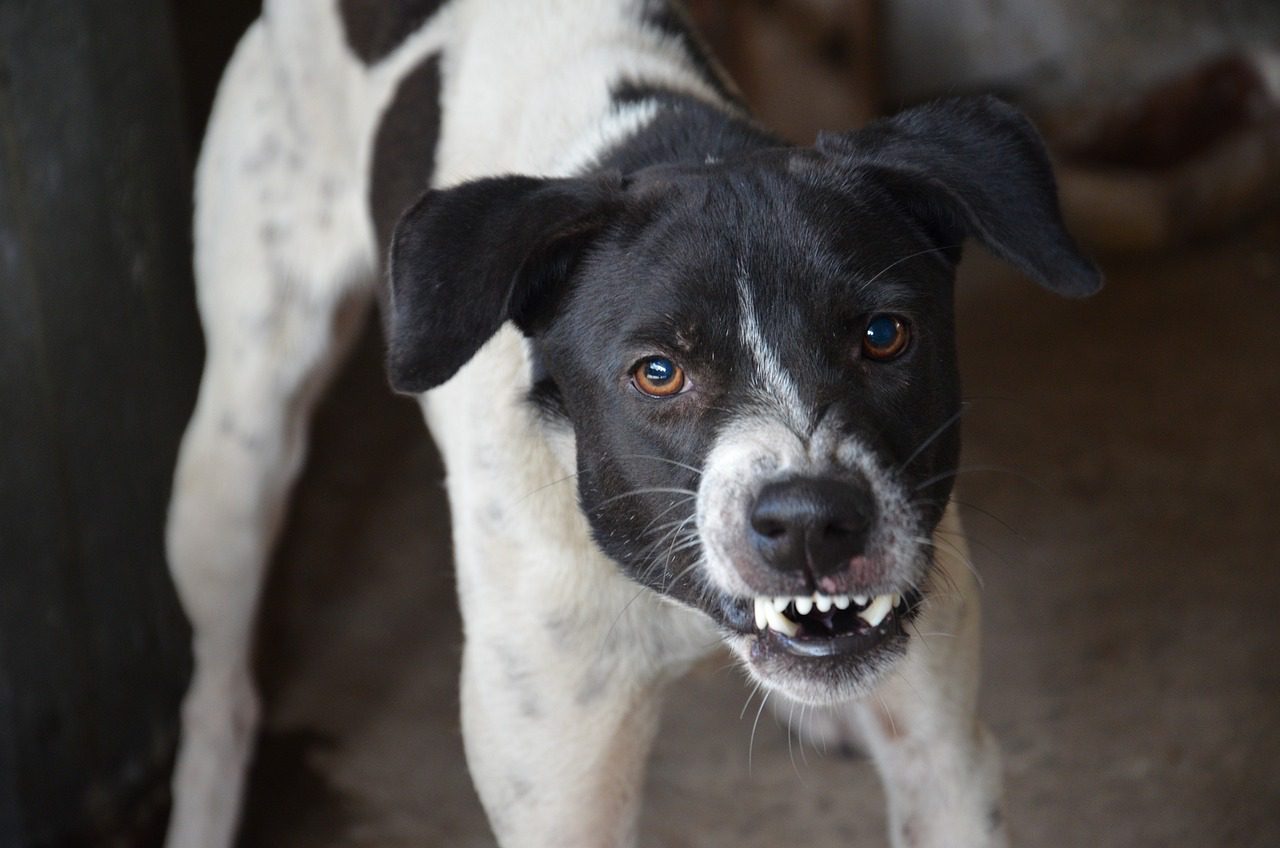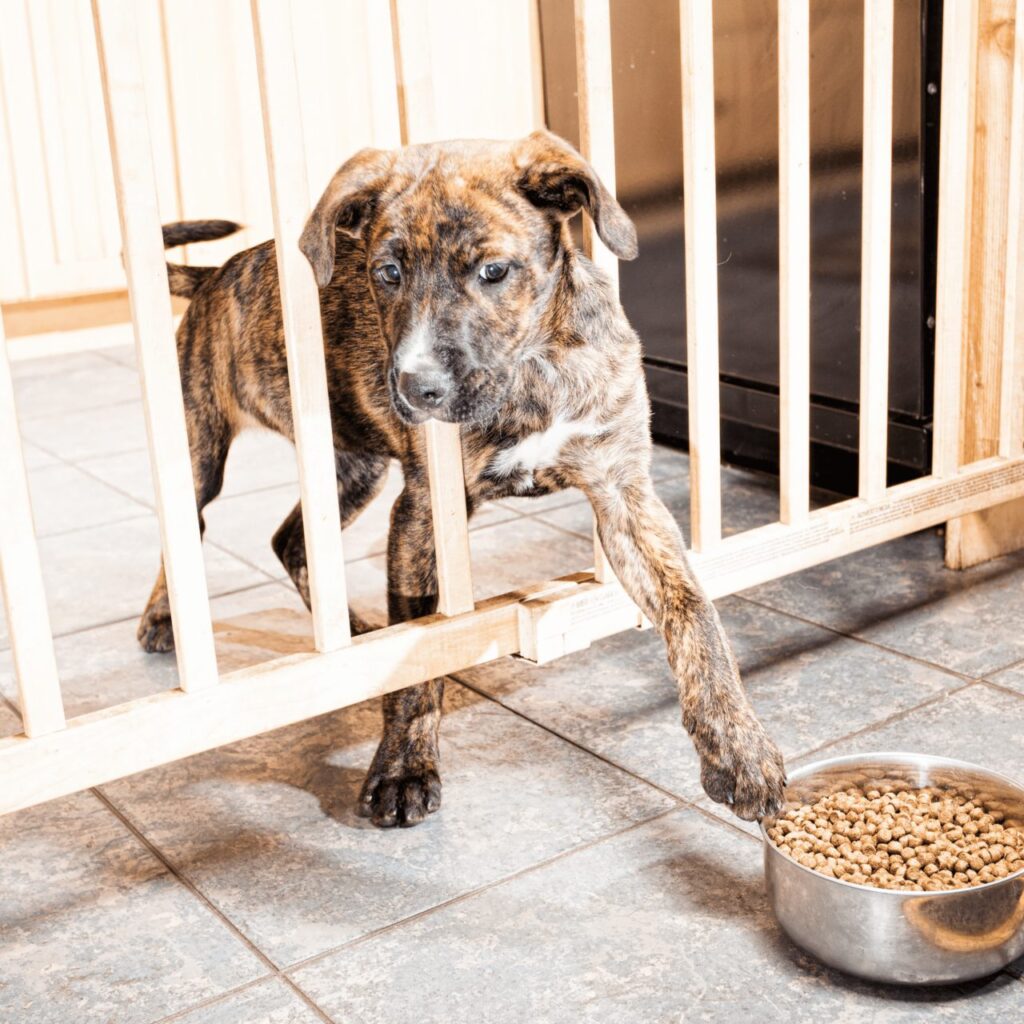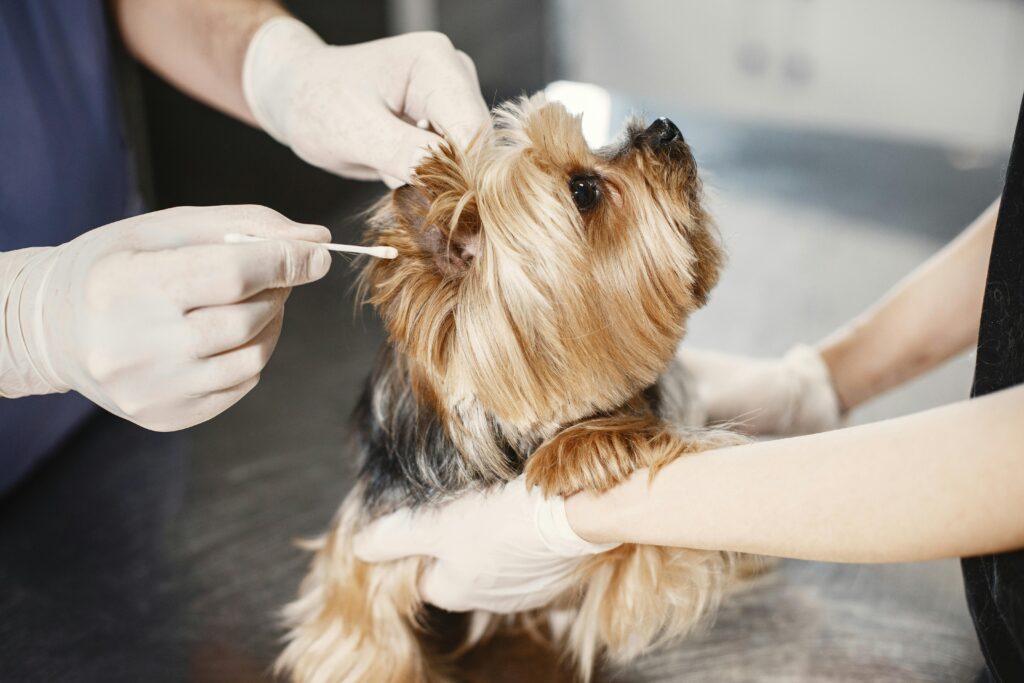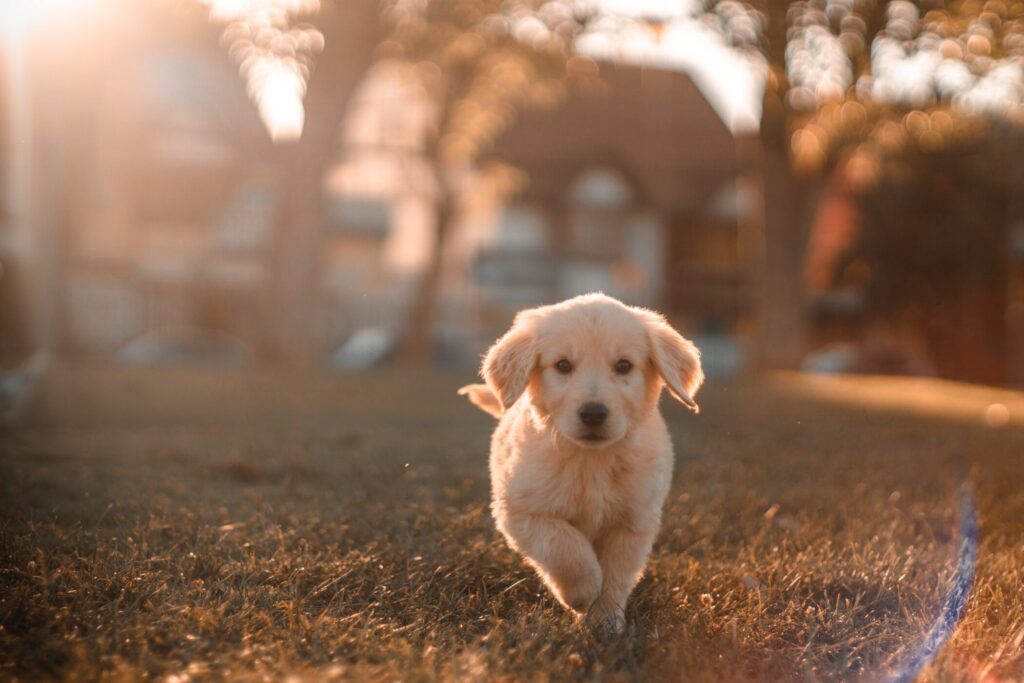
FREE Help I've Got A New Puppy Survival Guide
Sign up to our mailing list and we will give you all you need to know on making your first 7 days count. Includes sleep, feeding, toilet training, chewing and much more!
Recent posts
Blog categories
Search the blog
Why is my Dog Resource Guarding their Favourite Human Being?
Posted on 11th April 2024

Dogs often exhibit behaviours that are confusing for owners and find us asking if our dog is being possessive or protective of us?
In this blog, we'll delve into why dogs may exhibit this behaviour, what it looks like, and how to differentiate it from other potential causes like fear, pain, or separation anxiety.
Why is your dog is resource guarding you?
Dogs become socially attached to the humans they live with. A dog's bond with humans is actually stronger than the bond with other dogs, this is known as a supernormal attachment.
Guarding behaviour can be seen when a dog perceives a potential threat to their human and responds accordingly. Factors such as breed tendencies, past experiences, and the dog's individual personality can influence the intensity of this behaviour.
For example, dogs with single owners are more likely to guard them. Guarding breeds are naturally more likely to exhibit this behaviour.
Guarding behaviour can take various forms, depending on the dog and the situation.
So, is your dog resource guarding or protecting you?
Here are some common signs that your dog is guarding you:
Body Language:
Stand or sitting in front of you, facing the perceived threat. They might puff up their chest, raise their hackles, or growl to intimidate the perceived threat.
Blocking
Dogs may physically position themselves between you and the perceived threat, effectively acting as a barrier.
Alertness
Guarding dogs often remain hyper-vigilant, constantly scanning their surroundings for potential dangers.
Aggression
In extreme cases, guarding behaviour can escalate to aggression, including lunging, snapping, or biting. However, it's essential to differentiate between protective guarding and true aggression, which stems
from fear or territoriality.
Other factors could also contribute to similar behaviours:
Fear
Dogs may exhibit protective behaviours when they feel afraid or threatened. In these cases, the behaviour is more about self-preservation than protecting their owner. Signs of fear include trembling, cowering, or trying to retreat.
Pain
Dogs in pain may become more protective of their bodies or their owners as a way to avoid exacerbating their discomfort. It's essential to rule out any medical issues if your dog suddenly displays guarding behaviour. This can often be seen when the dog is lying on someone's lap or in bed with their human.
Separation Anxiety
Dogs suffering from separation anxiety may become overly attached to you and exhibit guarding behaviour as a response to the fear of being left alone. This behaviour often occurs in your absence rather than in your presence.
Fear of punishment
You may find yourself shouting or ushing your dog away from you in response to their aggressive behaviour, especially if directed at members of the family. Dogs make associations quickly and will start to see the person approaching as a signal of physical punishment. Punishing your dog will make the guarding behaviour increase.
Your fear
Dogs can easily pick up on your emotions and will react accordingly. If you feel fear from the threat itself or because you are worrying about what your dog will do, your dog will literally smell this!
Understanding why your dog exhibits guarding behaviour is crucial for addressing the underlying cause and ensuring the well-being of both your dog and yourself. By observing your dog's body language, considering their past experiences, and consulting with a professional trainer or behaviourist if necessary, you can better
navigate and manage this complex behaviour.
Where to get help
Are you experiencing problems with your dog resource guarding you or another favourite human? We'd love to help you. Book a free discovery call to find out more about our dog behaviour programmes.
Email: clair@talktothepaw.io | Mobile: 07969 036789 | Privacy Policy





[…] © Talk to the Paw […]